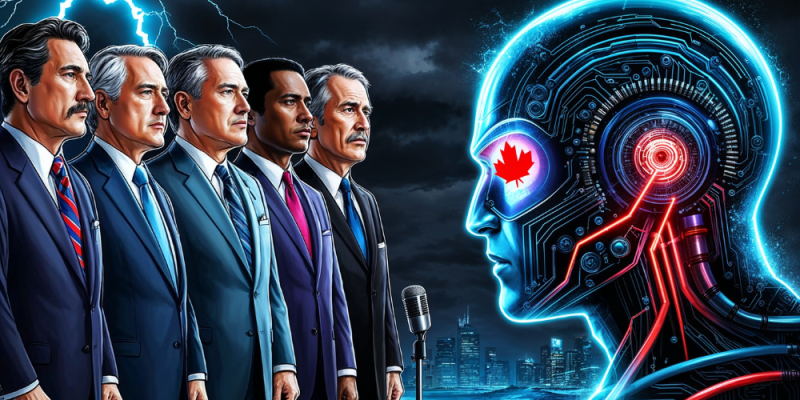Canadian Media Titans Clash with OpenAI Over Copyright Claims
2025-08-15

In a dramatic legal showdown, a coalition of prestigious Canadian news and media organizations has initiated a lawsuit against OpenAI, sending ripples across the digital landscape. The thrust of their argument is that OpenAI has infringed upon their copyrights through the unlicensed use of their meticulously crafted content to train and develop its groundbreaking artificial intelligence language models, ChatGPT. Notable litigants in this legal battle include prominent entities like the Toronto Star, the Canadian Broadcasting Corporation, and the Globe and Mail, all seeking both monetary compensation and an injunction to prevent OpenAI from further accessing their work. These institutions argue that their content is the culmination of significant labor, creativity, and financial investment by countless journalists and editors, now allegedly exploited for commercial gain without proper acknowledgment or recompense.
The crux of the complaint lies in OpenAI's alleged unauthorized use of data scraped from the websites of these esteemed news organizations. The companies assert that, rather than legally acquiring the information, OpenAI has chosen a path of "brazen misappropriation" of their intellectual properties, converting them into foundational training material for its AI models. The case highlights a critical issue in the tech industry's ongoing evolution: the ethical and legal boundaries of AI’s data utilization and learning processes. This legal confrontation is a part of an emerging trend, as other significant entities, such as The New York Times and YouTube creators, already have copyright-related grievances against OpenAI.
The technology behind ChatGPT taps into vast troves of publicly available data to enhance its functionalities, including improving daily lives, igniting creativity, and addressing complex challenges for a global user base. OpenAI maintains that its practices align with "fair use" principles, arguing that they support not only innovation but also creators' rights worldwide. They emphasize collaboration with news publishers through attribution and linking systems, offering options for opting out if they so choose. Yet, the aggrieved Canadian media companies have expressed dissatisfaction, stating they never received any offers or payments from OpenAI for using their content, a claim that starkly contrasts OpenAI's ongoing licensing agreements with some other international publishers.
Meanwhile, a report recently published by Columbia University's Tow Center for Digital Journalism adds another layer to this unfolding dispute. The study suggests that no publisher, regardless of their relationship with OpenAI, evaded inaccurate representations of their content in ChatGPT outputs. This finding adds weight to the plaintiffs' claims of the potential misuse and misrepresentation of their intellectual property. As such, these allegations not only spotlight possible ethical lapses in AI training practices but also amplify the need for robust legal frameworks to govern such technology.
This legal case serves as a pivotal moment in the dialogue between creative industries and artificial intelligence developers, demonstrating the fine line that tech companies must navigate to balance innovation with lawful and ethical content use. It raises pressing questions about how AI’s success is built upon existing intellectual efforts and calls for a reevaluation of how rights and remunerations are determined in this rapidly evolving digital era. As the legal proceedings unfold, the outcome could set a significant precedent, impacting how AI companies interact with content creators and paving the way for future industry standards. Whatever the resolution, this lawsuit underscores an essential milestone in the relationship between technology, creativity, and law, compelling stakeholders to rethink and reshape existing paradigms to foster true collaboration and innovation. The world watches intently as this landmark case proceeds, aware of its potential to redefine the terrain for AI, media companies, and beyond.




